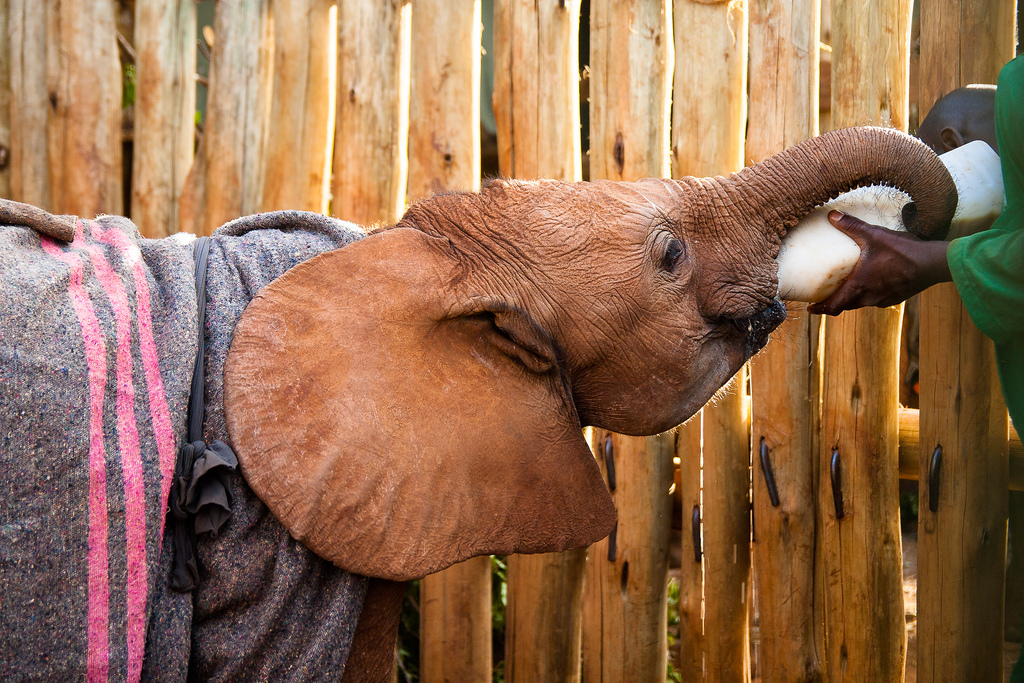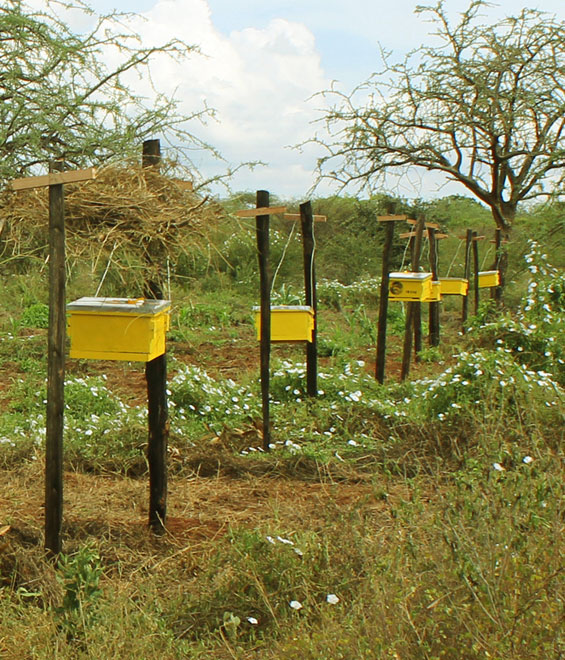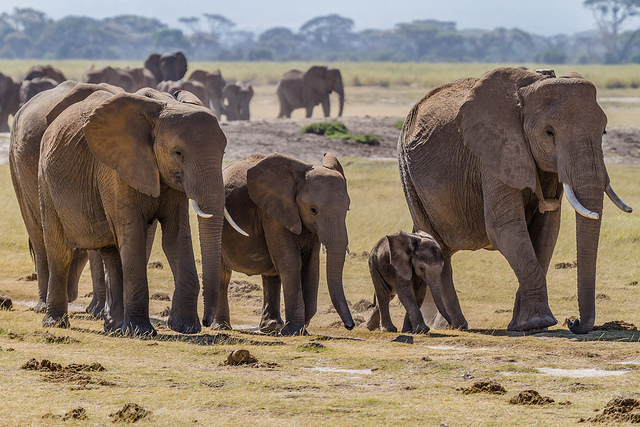By Tracy Brighten
When baby elephants lose their mother, soft blankets give comfort and protect them from wind, rain and sun at an elephant nursery in Nairobi
When elephants become victims of habitat destruction, human-elephant conflict and ivory poaching, their young calves can’t survive without help. Fortunately, the Sheldrick Wildlife Trust, in collaboration with the Kenyan Wildlife Service, provides a lifeline for elephant and rhino orphans.
Set up in 1977, the Trust is an anti-poaching, rescue and rehabilitation charity. With decades of experience on the front line, the Trust warns of the devastating consequences of elephant poaching. Continue reading


